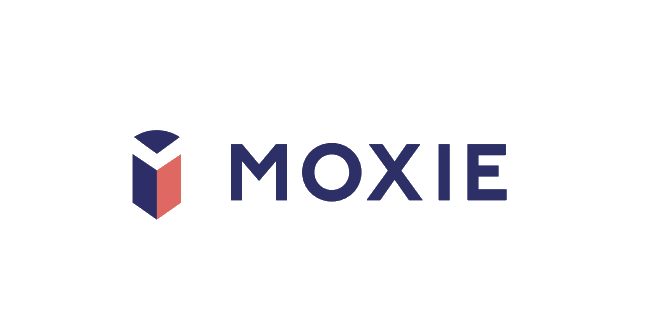Leveraging Large Language Models in Qualitative Research
Facilitators - Dr. Jessica L. Parker and Dr. Veronica Richard
📍Location - Nova Southeastern University
🗓 Wednesday, February 28, 2024 – 10:00am-5:00pm (1 hour lunch break)
NOTE: Participants should bring their laptops for hands-on activities.
Part 1: Introduction to Large Language Models in Qualitative Research (10:00 a.m. – 11:30 a.m.)
The opening session aims to familiarize participants with the concept of large language models (LLMs) and their potential applications in qualitative research.
What are LLMs?: An overview of LLMs, their architecture, and functionalities.
Ethical Considerations: A discussion about data privacy, responsible AI use, and other ethical considerations.
LLMs in Qualitative Research: Specific examples and case studies of how LLMs like ChatGPT are currently being used in qualitative research.
🎯 Learning Outcomes:
Gain an understanding of what LLMs are and how they function.
Recognize the potential applications of LLMs in qualitative research.
Understand the ethical dimensions of using LLMs in qualitative research.
Part 2: Use of LLMs to Develop and Refine Interview Protocols (11:30 a.m. – 1:00 p.m.)
This ssesion will be hands-on and focus on how LLMs can aid in the development and refinement of interview protocols.
Mapping Research Questions: Exercise to align interview questions with research questions using LLMs.
Crafting an Inquiry-based Conversation: Activity where participants use LLMs to construct a set of interview questions.
Prototyping and Piloting: Simulated interview activity where ChatGPT serves as a stand-in for human interviewees.
🎯 Learning Outcomes:
Learn the step-by-step process of using LLMs to develop and refine interview protocols.
Engage in hands-on activities to practice the techniques.
Critique prompting using LLMs and LLM outputs regarding interview protocol generation and refinement.
Track processes to enhance trustworthiness.
Lunch Break (1:00 p.m.– 2:00 p.m.)
Part 3: Use of LLMs to Analyze Data (2:00 pm. – 3:30 p.m.)
This session will be hands-on and focus on how LLMs can aid in the analysis of qualitative data.
Comparative Utility of LLMs: A review of traditional data analysis methods versus the integration of LLMs in data analysis. The section will cover the advantages, limitations, and ethical considerations of both approaches.
Hands-On Session: Participants will engage in practical exercises on thematic analysis, deductive analysis, and the individual steps within analysis processes using LLMs. They will navigate real-world datasets and use LLMs to perform various tasks related to qualitative data analysis.
🎯 Learning Outcomes:
Identify the advantages and limitations of using LLMs in qualitative data analysis compared to traditional methods.
Acquire hands-on experience in using LLMs for inductive analysis tasks such as preparing data for analysis, coding, grouping/pattern matching, and theming.
Acquire hands-on experience in using LLMs for deductive analysis tasks such as preparing data for analysis, categorizing, and grouping/pattern matching within categories.
Develop transparent ethical practices through intentional tracking of steps and processes (audit trail)
Part 4: Review of Guidelines for Qualitative Researchers Using LLMs (3:30 p.m.–5:00 p.m.)
The final session will cover the ethical and practical considerations when using LLMs in qualitative research.
Guidelines and Best Practices: A review of existing guidelines and best practices for using LLMs in qualitative research.
Future Prospects and Limitations: Open discussion on the future applications and potential limitations of LLMs in academic research.
🎯 Learning Outcomes:
Familiarize yourself with guidelines and best practices.
Discuss future prospects and limitations of using LLMs in qualitative research.
Develop a personal ethical stance for using LLMs in qualitative research.
